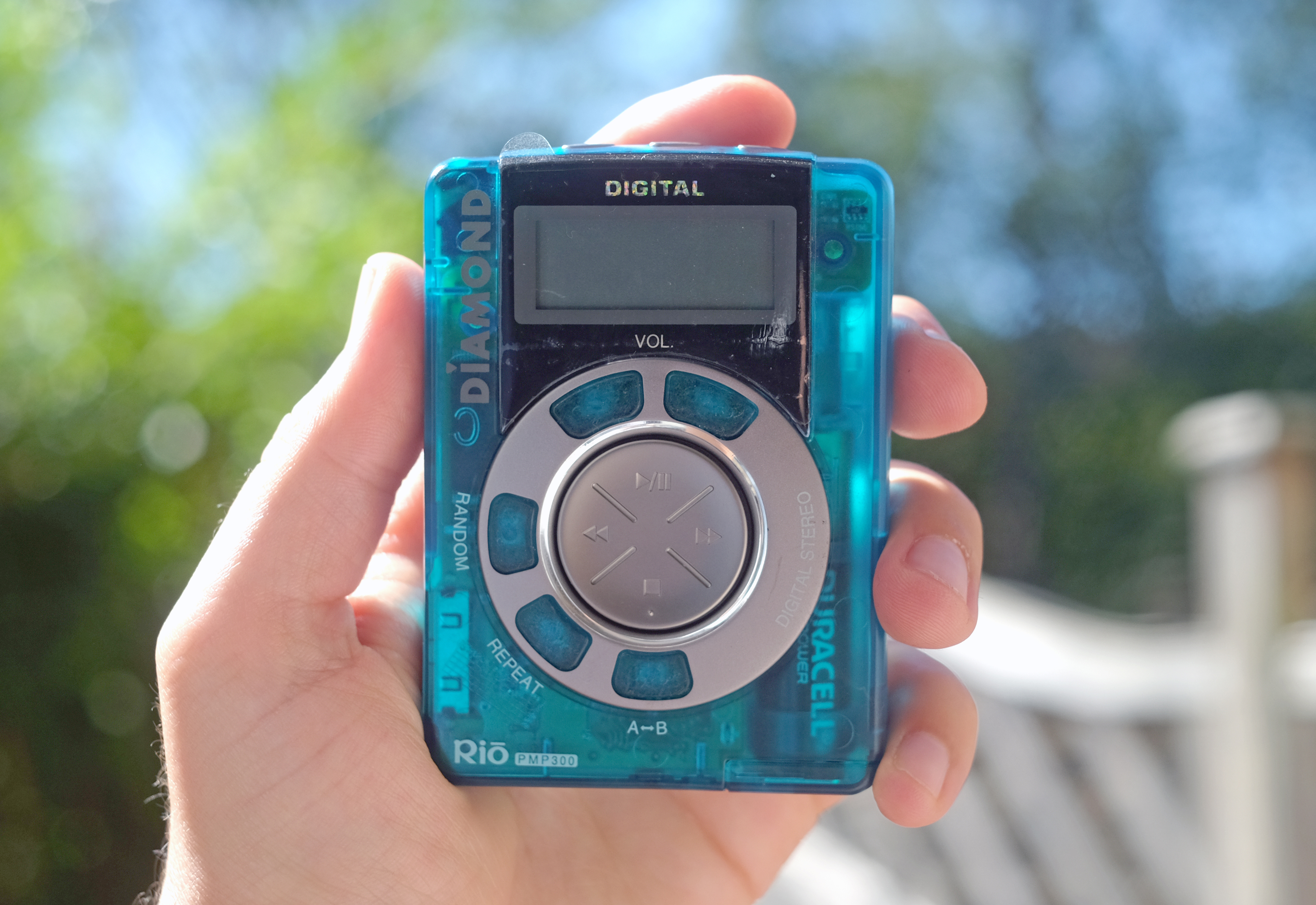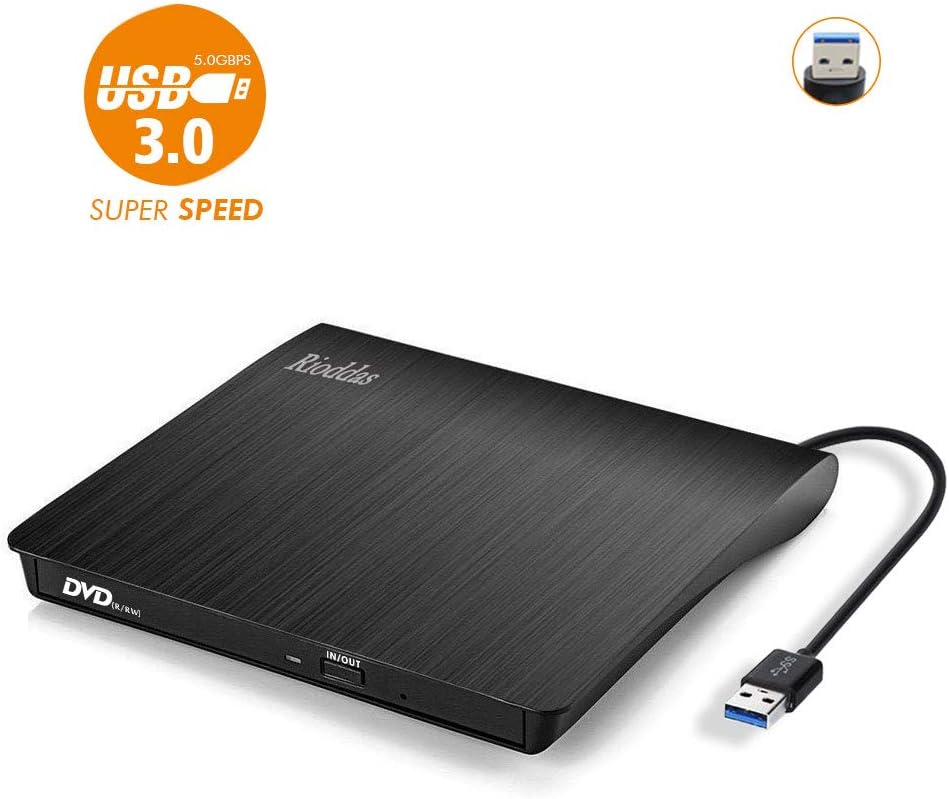
The USB audio device driver supports isochronous USB devices such as USB audio speakers. Each USB audio device is represented as the following interfaces: audio control and audio streaming. Although these interfaces are associated with the single device, the interfaces are treated as separate devices virtually.
The USB Audio class system driver (Usbaudio.sys) is an AVStream minidriver that provides driver support for audio devices that comply with the Universal Serial Bus (USB) Device Class Definition for Audio Devices.
- The Positive Grid USB Audio Device Driver v4.80.0 app will be found automatically. Notice that when you select Positive Grid USB Audio Device Driver v4.80.0 in the list of apps, the following information about the application is available to you: Safety rating (in the left lower corner). The star rating tells you the opinion other people have.
- USB Device Driver Open the Device Manager console (Win + R - devmgmt.msc). Your unknown device is likely to be found in one of the following sections of the Device Manager: Universal serial Bus controllers.
The USB Device Class Definition for Audio Devices specification (release 1.0) is available at the USB Implementers Forum website. Usbaudio.sys supports a subset of the features that are described in the USB Audio specification. In addition to Usbaudio.sys, there are several other kernel-mode audio components in the Windows Driver Model (WDM). For more information, see Kernel-Mode WDM Audio Components.
In Windows 98 Usbaudio.sys introduced support for USB devices such as speakers and microphones. Support for MIDI devices was added in Windows Me.
When an audio device identifies itself as USB Audio-compliant during Plug and Play device enumeration, the system automatically loads the USBAudio driver to drive the device. USBAudio drives the device directly, without the aid of a proprietary adapter driver. This means that a device that complies with the USB audio specifications requires no proprietary adapter driver.
Microsoft recommends that hardware vendors use the USBAudio driver for their USB Audio devices instead of writing proprietary adapter drivers.
In Windows 98, the USBAudio driver supports the following features:
All Type I formats (except 8-bit signed PCM)
AC-3 Type II format
Synchronization types synchronous and adaptive
Multichannel devices

However, USBAudio in Windows 98 does not support:
8-bit signed PCM format
MPEG Type II format
Type III formats
USB MIDI
WAVEFORMATEXTENSIBLE wave format (USBAudio uses packed WAVE_FORMAT_PCM for 24-bit data instead.)
In Windows 98 Second Edition (SE), Windows Me, and Windows 2000 and later, USBAudio supports all the same features as Windows 98, with one exception: USBAudio supports WAVEFORMATEXTENSIBLE but does not support packed WAVE_FORMAT_PCM for 24-bit data.
In Windows Me, and Windows XP and later, USBAudio supports all the features that are supported in Windows 98 SE and Windows 2000. In addition, Windows Me and Windows XP support USB MIDI but do not support USB MIDI Elements.

The following figure shows the driver hierarchy for a USB audio device. All of the driver components shown in the figure are provided by Microsoft with the operating system.
For more information about the driver components in the figure, see the following sections:
Category: Sound & Multimedia
Manufacturer: Rio
Caution Level: Intermediate
Download File Size: 137Kb
Operating System: Windows 95/98/2000/XP/Vista
Latest Version / Release Date: 2.6.0.28 / 02 Dec 2004
Windows device driver information for Rio S50
Rio Audio Usb Devices Driver Windows 7
The Rio S50 is a music player that allows users to take their music with them wherever they go. It loads up music digitally and also acts as an FM radio. It is fitted with Rio Music Manager software that enhances the uploading of music. People can enjoy up to two hours of listening to music which is pre-stored using the mp3 format. It has a memory of 128MB. It has an expansion slot that allows users to add on the memory. It uses memory cards of MMC and SD to do this. The music experienced on this device runs continuously and users need not worry about skipping. When using the mp3 mode, it requires 128kbps and 64kpbs when using the wma. It has the capability of equipping people with music that is four hours long. It has a user friendly interface and the battery is rechargeable.
Outdated Drivers?
Rio Audio Usb Devices Drivers

The USB audio device driver supports isochronous USB devices such as USB audio speakers. Each USB audio device is represented as the following interfaces: audio control and audio streaming. Although these interfaces are associated with the single device, the interfaces are treated as separate devices virtually.
The USB Audio class system driver (Usbaudio.sys) is an AVStream minidriver that provides driver support for audio devices that comply with the Universal Serial Bus (USB) Device Class Definition for Audio Devices.
- The Positive Grid USB Audio Device Driver v4.80.0 app will be found automatically. Notice that when you select Positive Grid USB Audio Device Driver v4.80.0 in the list of apps, the following information about the application is available to you: Safety rating (in the left lower corner). The star rating tells you the opinion other people have.
- USB Device Driver Open the Device Manager console (Win + R - devmgmt.msc). Your unknown device is likely to be found in one of the following sections of the Device Manager: Universal serial Bus controllers.
The USB Device Class Definition for Audio Devices specification (release 1.0) is available at the USB Implementers Forum website. Usbaudio.sys supports a subset of the features that are described in the USB Audio specification. In addition to Usbaudio.sys, there are several other kernel-mode audio components in the Windows Driver Model (WDM). For more information, see Kernel-Mode WDM Audio Components.
In Windows 98 Usbaudio.sys introduced support for USB devices such as speakers and microphones. Support for MIDI devices was added in Windows Me.
When an audio device identifies itself as USB Audio-compliant during Plug and Play device enumeration, the system automatically loads the USBAudio driver to drive the device. USBAudio drives the device directly, without the aid of a proprietary adapter driver. This means that a device that complies with the USB audio specifications requires no proprietary adapter driver.
Microsoft recommends that hardware vendors use the USBAudio driver for their USB Audio devices instead of writing proprietary adapter drivers.
In Windows 98, the USBAudio driver supports the following features:
All Type I formats (except 8-bit signed PCM)
AC-3 Type II format
Synchronization types synchronous and adaptive
Multichannel devices
However, USBAudio in Windows 98 does not support:
8-bit signed PCM format
MPEG Type II format
Type III formats
USB MIDI
WAVEFORMATEXTENSIBLE wave format (USBAudio uses packed WAVE_FORMAT_PCM for 24-bit data instead.)
In Windows 98 Second Edition (SE), Windows Me, and Windows 2000 and later, USBAudio supports all the same features as Windows 98, with one exception: USBAudio supports WAVEFORMATEXTENSIBLE but does not support packed WAVE_FORMAT_PCM for 24-bit data.
In Windows Me, and Windows XP and later, USBAudio supports all the features that are supported in Windows 98 SE and Windows 2000. In addition, Windows Me and Windows XP support USB MIDI but do not support USB MIDI Elements.
The following figure shows the driver hierarchy for a USB audio device. All of the driver components shown in the figure are provided by Microsoft with the operating system.
For more information about the driver components in the figure, see the following sections:
Category: Sound & Multimedia
Manufacturer: Rio
Caution Level: Intermediate
Download File Size: 137Kb
Operating System: Windows 95/98/2000/XP/Vista
Latest Version / Release Date: 2.6.0.28 / 02 Dec 2004
Windows device driver information for Rio S50
Rio Audio Usb Devices Driver Windows 7
The Rio S50 is a music player that allows users to take their music with them wherever they go. It loads up music digitally and also acts as an FM radio. It is fitted with Rio Music Manager software that enhances the uploading of music. People can enjoy up to two hours of listening to music which is pre-stored using the mp3 format. It has a memory of 128MB. It has an expansion slot that allows users to add on the memory. It uses memory cards of MMC and SD to do this. The music experienced on this device runs continuously and users need not worry about skipping. When using the mp3 mode, it requires 128kbps and 64kpbs when using the wma. It has the capability of equipping people with music that is four hours long. It has a user friendly interface and the battery is rechargeable.
Outdated Drivers?
Rio Audio Usb Devices Drivers
Rio Audio Usb Devices Driver Updater
Unless you update your drivers regularly you may face hardware performance issues.
To check your drivers you should manually verify every device on your system for driver updates
The Rio S50 has a battery life of up to 20 hours. For easy navigation, this device is fitted with a backlight display that is large. It features a music organizer that is fit by the RealOne and iTunes to give the user a great audio experience. To transfer music fast from one media to another, this device features a USB connection that enhances the performance. Music already stored in this device can be mixed and modified using the MoodLogic software. It creates moods, mixes and tempo for up to 100 tracks. The Rio S50 package box comes fully packaged with earphones, an ac adapter, a USB cable, its case, a user's guide and audio management software. The users should download this device latest version of drivers and accessories from the manufacturer's official website. This will highly improve its stability and performance. It is highly recommended you run a free registry scan for Windows and Rio S50 errors before installing any driver updates.
